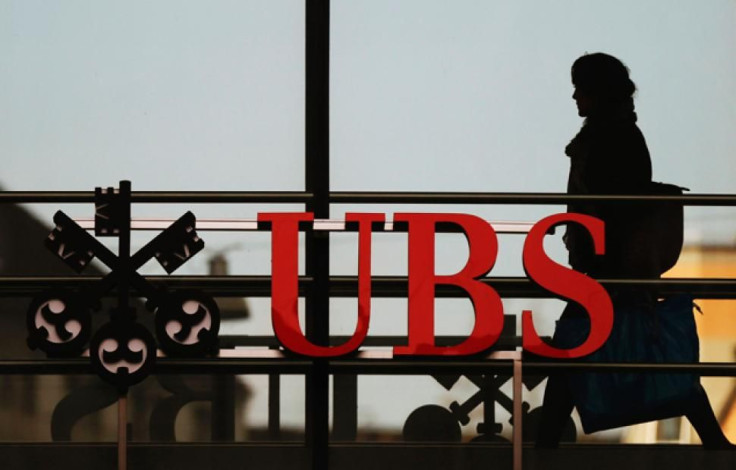British Elections: Banker Who Led UBS During Libor Scandal Donates To Conservatives, Gets Access To Party Leaders

Britain’s Conservative Party recently accepted a 50,000-pound donation (about $74,800) from the former chairman of UBS Investment Bank, which in 2012 paid a massive fine for its involvement in manipulating a key global interest rate while under his leadership.
The contribution is the minimum amount required for wealthy donors to join an elite club that has regular access to senior Tory officials, including Prime Minister David Cameron, who is facing Britain’s general elections on May 7.
Electoral records examined by British newspaper the Independent shows that Alex Wilmot-Sitwell, who is now the president of Bank of America Merrill Lynch’s European and emerging market business, made the donation in November. A year earlier, a parliamentary banking commission headed by the Conservative Party that took his money slammed Wilmot-Sitwell for “gross negligence and incompetence” in his and other executives’ inability to identify the rate-rigging going on under their watches.
Wilmot-Sitwell’s political contribution is legal, but it underscores the willingness of a political party to accept donations from individuals its own members have condemned. The donation qualifies the banker for membership in the party’s Leader’s Group.
“Unlike Labour, we are not funded by the Trade Unions. Instead, we rely on the generosity of individual Conservative supporters and members,” says the Conservative Party’s donor clubs webpage.
In 2008, the Wall Street Journal began publishing articles suggesting some of the world’s largest banks were underreporting bank-to-bank borrowing costs submitted for the daily London Interbank Offered Rate, or Libor, as far back as 2005. The manipulations made the banks appear healthier than they were before and during the last global economic downturn. The Libor rate underpins the cost of consumer lending, including credit cards, home mortgages and student loans. In some cases, the manipulations raised the cost of borrowing.
The manipulation of the lending rate was aimed at boosting bank profits. Regulatory investigations in 2011 targeted some of the world’s biggest banks, including UBS, Barclays and Citigroup, and in December 2012, UBS agreed to pay a fine of $1.5 billion for its involvement in the rate-rigging scandal.
During parliamentary committee hearings in 2013, Wilmot-Sitwell appeared contrite but denied any wrongdoing. “Why this was missed – why this did not get picked up through a whole series of internal audits and compliance reviews – I cannot answer, I cannot fathom and I cannot understand,” he said during the hearings. Andrew Tyrie, the Conservative chairman of the Parliamentary Commission on Banking, concluded at the time that Wilmot-Sitwell and others committed “appalling mistakes.”
© Copyright IBTimes 2025. All rights reserved.






















